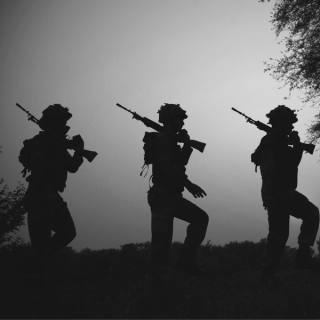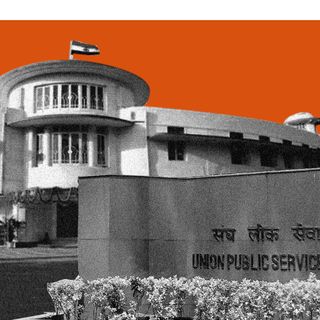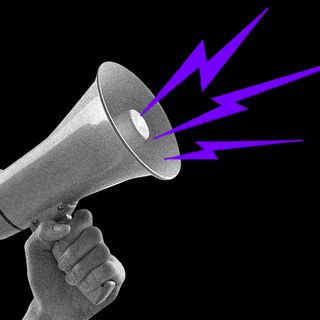After a two-year-long battle, Priya Ramani stands acquitted of a defamation charge levied against her by ex-Minister of External Affairs M.J. Akbar.
In delivering the long-awaited judgment, the Additional Chief Metropolitan Magistrate Ravindra Kumar Pandey said, “Sexual abuse takes away dignity and self-confidence. Right of reputation can’t be protected at the cost of the right to dignity.” The court added, “The society must understand the impact of sexual abuse and harassment on its victims.”
Ramani was served with defamation in October 2018 after she publicly named M.J Akbar as a sexual harasser in a 2017 essay she wrote in Vogue. The public naming was in concurrence with India’s #MeToo movement that spread across social media. At the time, Akbar had resigned from his cabinet position but had also filed a criminal defamation suit against Ramani, stating that he had enjoyed a “stellar reputation” before Ramani’s tweet.
Since then, activists have lamented Ramani’s case as a classic example of what happens to women who speak up. The case, markedly the first #Metoo related case in India’s legal system, showcased the amount of work, capital, connections, and bravery required to fight a powerful, influential opponent.
Now, after several delays in delivering the judgment, the court finally noted, “Time has come for our society to understand that sometimes a victim may for years not speak up due to the mental trauma. The woman cannot be punished for raising her voice against sexual abuse.” Justice Pandey adds, “Article 21 and the right to equality is guaranteed under the Constitution. She has full right to put up her case in any platform of her choice.”
Related on The Swaddle:
Transfer of Akbar v Ramani Defamation Case Reminds Us That Reporting Harassment Is A Long, Fraught Road
Though Ramani’s victory is a vital push forward for the #MeToo movement, it is important to note that her two-year-ordeal involved defending her own innocence for speaking up about her abuse. The flipside of her long-awaited, well-earned victory is the pain and trauma she endured for exercising her right to name the man who had allegedly sexually harassed her. Ramani herself told Bar and Bench after the verdict, “Me the victim had to stand up in court as the accused.”
Yet, considering that Ramani was acquitted and that the judge both understood and spoke powerfully in favor of survivors of sexual abuse, the fight to bring justice to survivors has become easier, if only slightly.
As Ramani writes at the end of her Vogue article that started it all, “There are more brave women now who are not scared to point out the monster in the suit. We’ll get you all one day.”




